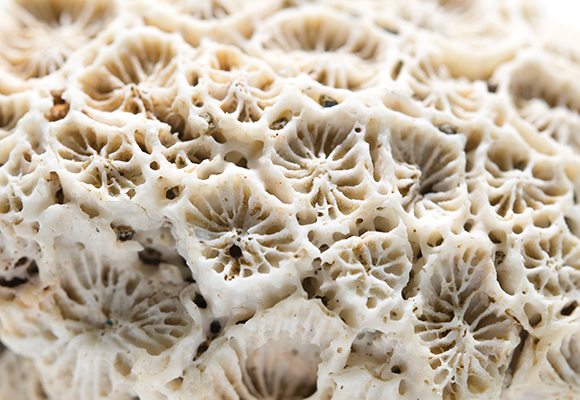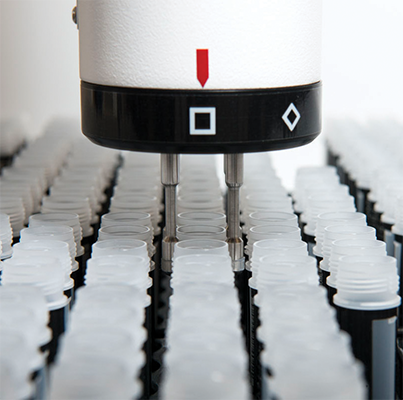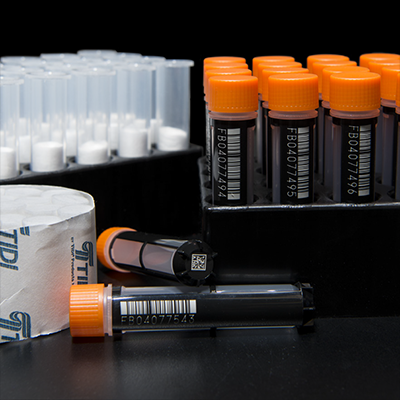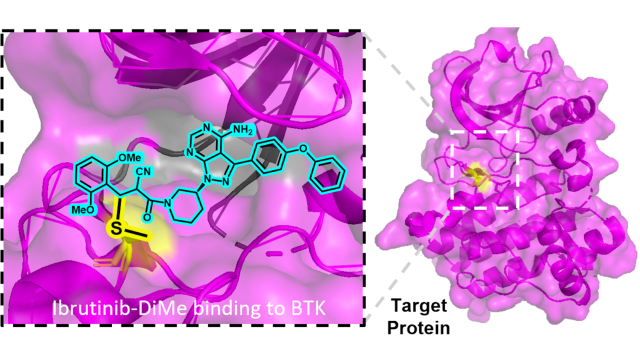Nature has generated an astonishing array of molecules with diverse forms and functions. New technologies will make it possible to explore the immense richness of chemicals found in natural sources to discover tomorrow’s nature-derived cancer drugs.

Coral
Credit: iStock
More than half of today’s chemotherapies are derived from natural sources such as plants or microbes. Despite these successes, most current drug discovery efforts focus on synthetic molecules because they are more compatible with high-throughput screening technologies. New technologies will make it possible to explore the immense richness of chemicals found in natural sources in order to discover tomorrow’s nature-derived cancer drugs.
Natural products have given us many important cancer drugs. Paclitaxel (Taxol), important for the treatment of breast, ovarian and other cancers, was discovered in the bark of a Pacific yew tree. Trabectedin (Yondelis), used to treat soft tissue sarcomas, was originally isolated from a sea squirt. And daunorubicin, a chemotherapy for certain blood cancers, was found in soil-dwelling bacteria.
An automated weighing station in the NCI Natural Products Repository. Purified extract samples are placed in barcoded tubes and weighed prior to storage in an automated repository, which will hold more than one million pre-fractionated natural product samples for screening. Credit: Barry O’Keefe, NCI Natural Products Repository
Even some compounds not appropriate for clinical use have inspired researchers to develop closely related molecules that offer benefits to patients. With the vast majority of the earth’s biological diversity still unexplored, investigators have only just begun to discover all the clinically useful molecules that nature has engineered.
Standard drug discovery technologies are largely incompatible with the screening of crude extracts from plants, marine organisms and microbes. Natural product extracts have complex physical properties, making them difficult to handle by automated screening platforms.
As a result, many pharmaceutical companies have reduced their natural products discovery programs. However, new groundbreaking technologies make it possible to process natural extracts into partially purified samples that are amenable to modern screening technologies.
CCR is leading this effort in its NCI Program for Natural Products Discovery (NPNPD). At the center of the NPNPD is the NCI Natural Products Repository. This growing collection contains more than 230,000 extracts of plants, microbes, algae and marine invertebrates from 25 countries and is generating more than one million different research-ready, partially purified natural product samples. The NPNPD is the largest and most chemically diverse collection of publicly available natural extracts in the world, and these samples will be sent to screening centers around the globe, greatly enabling the search for active natural products. Once researchers identify a promising extract, the NPNPD researchers use automated chemical techniques to identify and isolate the active compound so that more detailed analyses can quickly get underway.
Vials containing pre-fractionated natural products in the NCI Natural Products Repository. This automated system will purify over 130,000 crude natural product extracts to produce more than a million samples for screening against cancer and other diseases. Credit: Barry O’Keefe, NCI Natural Products Repository
Nature has generated an astonishing array of molecules with diverse forms and functions, refined by evolution over billions of years. Many of these are extraordinarily efficient and selective for their biological targets. Exploring this untapped potential is an important strategy for expanding our options for treating and preventing cancer.




